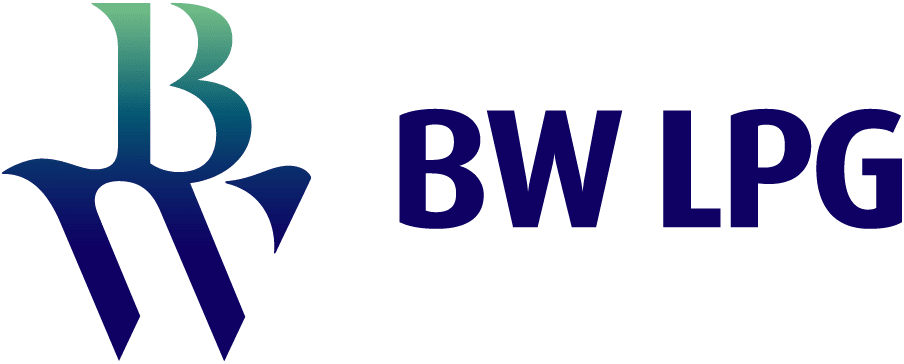Purpose
The BW LPG Waste Management Policy aims to ensure that marine and shore environments, are not affected by the disposal of garbage or waste products and pollutive effluents (collectively referred to as waste) generated by vessels, and that the safety and health of all persons that may come into contact with the waste do not suffer.
BW LPG vessels are managed through our ship managers who have undertaken to adhere to BW LPG policies.
Policy Statement
Waste generated onboard ships which contribute to marine pollution largely includes plastics, dunnage and packing material, cleaning material and rags, paper products, food waste, remains of paints, solvents, chemicals, sludge and sewage . Efforts will be made to reduce the quantity of waste generated, and their proper handling is critical to preventing marine and shore pollution, and ensuring a safe and healthy work environment.
Crew are encouraged to reduce, reduce, and recycle where appropriate. Crew are encouraged to reduce the amount of potential waste and generated waste to reduce marine pollution. To reduce waste, crew are encouraged to take an active part in efficient ship operations and suggest improvement/ideas to reduce waste generation.
Every vessel shall be provided with a Garbage Management Plan and a Garbage Record Book in accordance with MARPOL 73/78 Annex V (Prevention of Pollution by Garbage from Ships).
The Garbage Management Plan should include written procedures for collecting, storing, processing and discharging of garbage, including the use of relevant equipment onboard. Discharge of all waste into sea is prohibited except as provided otherwise in regulations 4, 5, 6 and 7 MARPOL Annex V. All crew and visitors shall be informed that discharge to sea is not allowed.
In compliance with MARPOL 73/78 Annex IV regarding the prevention of pollution by sewage, at all times, ensure discharge requirements are strictly adhered to. Vessels which are equipped with either a sewage treatment plant or a sewage comminuting and disinfecting system or a sewage holding tank, shall not discharge sewage into the sea, except when the ship has in operation an approved sewage treatment plant; or is discharging comminuted and disinfected sewage using an approved system at a distance of more than three nautical miles from the nearest land; or is discharging sewage which is not comminuted or disinfected at a distance of more than 12 nautical miles from the nearest land.
For safe handling of waste, guidelines for crew shall include
- All crew, especially those involved with waste handling, shall be familiar with the vessel’s waste management plans.
- Periodic training shall be arranged, and all crew shall be familiarised with the process of waste management and their individual roles.
- Crew who have been given responsibilities for operating the vessel’s compactors, grinders and incinerator, must be trained in using these equipment.
- Hazardous goods and substances (if any) should be handled in accordance with both SOLAS and MARPOL in reference to the International Maritime Dangerous Goods (IMDG) Code.
The following can reduce unnecessary waste generation
- The quantity of food prepared should be appropriate for the number of crew onboard to minimize food waste.
- Reusable packing and container must be used properly.
- The need for printing on paper shall be taken into consideration.
- Whenever provisions or equipment are delivered onboard, the vessel’s crew shall return the extra packing and plastics to the supplier if possible.
- Dunnage, lining and packaging materials generated in port during cargo discharge shall preferably be disposed of at the port reception facilities.
- A water purifier can be installed in the drinking water system of the vessel, and reusable bottles used for storage of water which will reduce the usage of plastic bottles.
- Always put waste in the appropriate bins for disposal or recycling.

